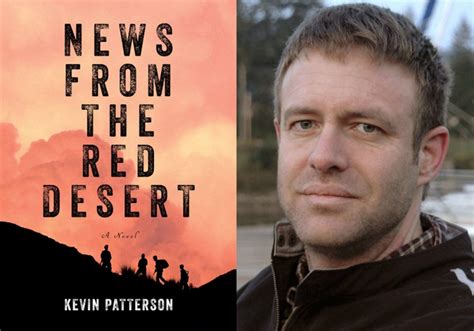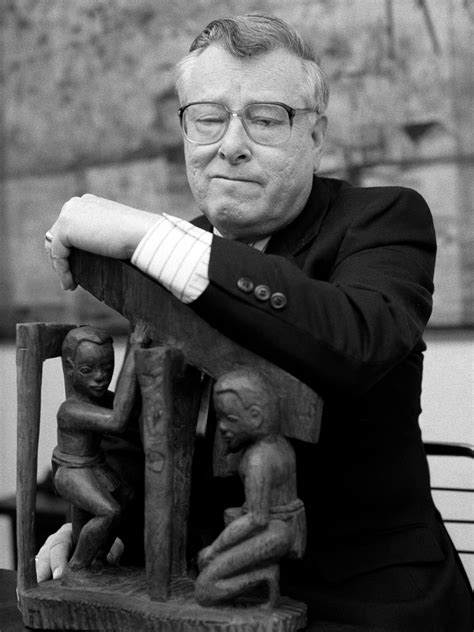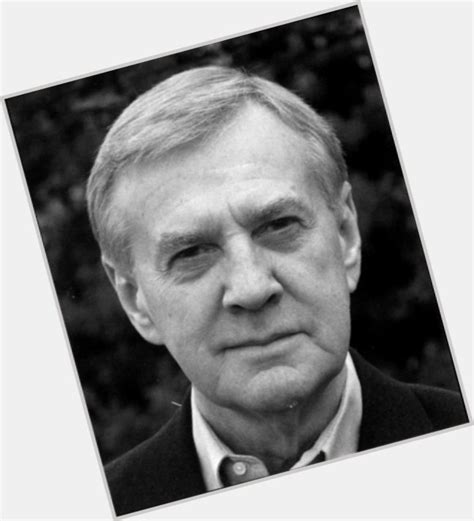A Quote by Penelope Lively
The consideration of change over the century is about loss, though I think that social change is gain rather than loss.
Related Quotes
I've worked in the Inuit hamlets of the west coast of Hudson Bay since 1994. Over that time I've been very moved by both the pace of social change there - the loss of traditional ways of seeing the world, the affinity for and comfort with the land - and by the social disarray that change of this pace produces.
In what touches their social convictions, most persons do not think. The threat of change, with all it suggests to them in the loss of social and economic privilege, alarms so deeply that they are incapable of unprejudiced thought. They seem to themselves to be thinking, with lucidity and fairness, but since they start from the conviction that change must undoubtedly be for the worse or from settled grief at the thought of losing what is old and lovely, they are doing no more than following a logical sequence of ideas from a false premise.
Calculating people are contemptable. The reason for this is that calculation deals with loss and gain, and the loss and gain mind never stops. Death is considered loss and life is considered gain. Thus, death is something that such a person does not care for, and he is contemptable. Furthermore, scholars and their like are men who with wit and speech hide their own true cowardice and greed. People often misjudge this.



































